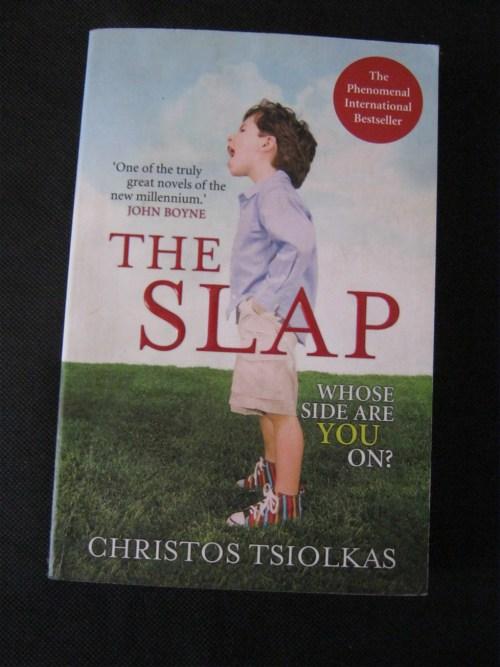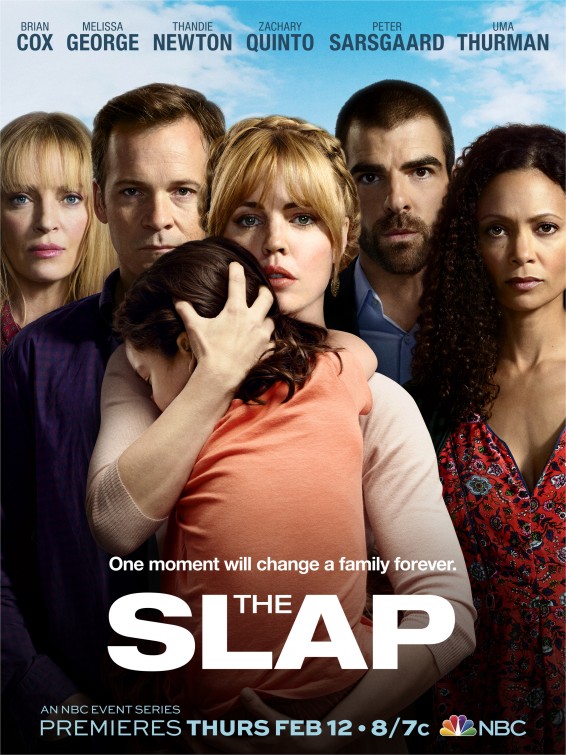
New York, Columbia University Press, 1984. ‘A Conversation with Patrick White.’ Critical Essays on Patrick White. ‘The Slap by Christos Tsiolkas.’ Australian Book Review, 30 June 2015. Australian Humanities Review 59 (April/May 2016), 264-270.

Review of Christos Tsiolkas and the Fiction of Critique: Politics, Obscenity Celebrity. ‘Formalism and Time.’ Modern Language Quarterly 61.1 (March 2000), 229-251. ‘What’s Wrong with Australian Fiction?’ Quadrant Online, 1 December 2009. ‘Brawl in the Family.’ Australian, 5 November 2008.įree, David. ‘The Brain Feign: All That I Am by Anna Funder.’ Sydney Review of Books, 28 January 2013. ‘Damascus by Christos Tsiolkas Review–the Gory Birth of Christianity.’ Guardian, 4 March 2020.Įtherington, Ben. ‘Freakazoid.’ London Review of Books 32.16 (19 August 2010).ĭoyle, Rob. Dictionary of Literary Terms and Literary Theory. ‘Short Stories Show Brilliance of Christos Tsiolkas.’ Sydney Morning Herald, 15 November 2014.Ĭuddon, J. Chicago, University of Chicago Press, 1983.Ĭraven, Peter. London, Palgrave Macmillan, 1986.īooth, Wayne. Patrick White’s Fiction: The Paradox of Fortunate Failure. ‘Barracuda, by Christos Tsiolkas: Book Review–a Novel about a Competitive Swimmer’s Torments that Misses the Mark.’ Independent, 3 January 2014.īliss, Carolyn.

‘The Grungy Australian Novel.’ Sun Herald, 24 September 1995.īlacker, Terence. ‘Australian with a Hoe.’ Time, 15 August 1955.īennett, Marjory. ‘The Slap by Christos Tsiolkas: Review.’ Telegraph, 12 July 2010.

Finally, this article also contributes to recent debates about the purpose and vocabulary of Australian literary discussion: how critics debate the work of a prize-winning author, how criticism and praise operate in critical judgements, and the significance of style in evaluations of literature.Īrditti, Michael. My argument is that The Slap is notable among contemporary fiction in that what I consider to be Tsiolkas’s worst sentences are the most revealing of his inclinations as a novelist. Consequently, I depart from what has become a standard formula in Tsiolkas's reception, that where Tsiolkas succeeds as a writer he succeeds in spite of his style. Focusing on Tsiolkas's fourth novel, The Slap, this article argues that Tsiolkas’s style is an inarticulate style: a style that does not always use the right word at the right moment, that employs language for narrative utility rather than its own sake, and that sporadically departs from standard usage and correctness in ways that do not appear artistically motivated. This article takes up a specific feature of Christos Tsiolkas's writing, his style. Christos Tsiolkas, The Slap, style, aesthetics, literary criticism, Patrick White Abstract


 0 kommentar(er)
0 kommentar(er)
